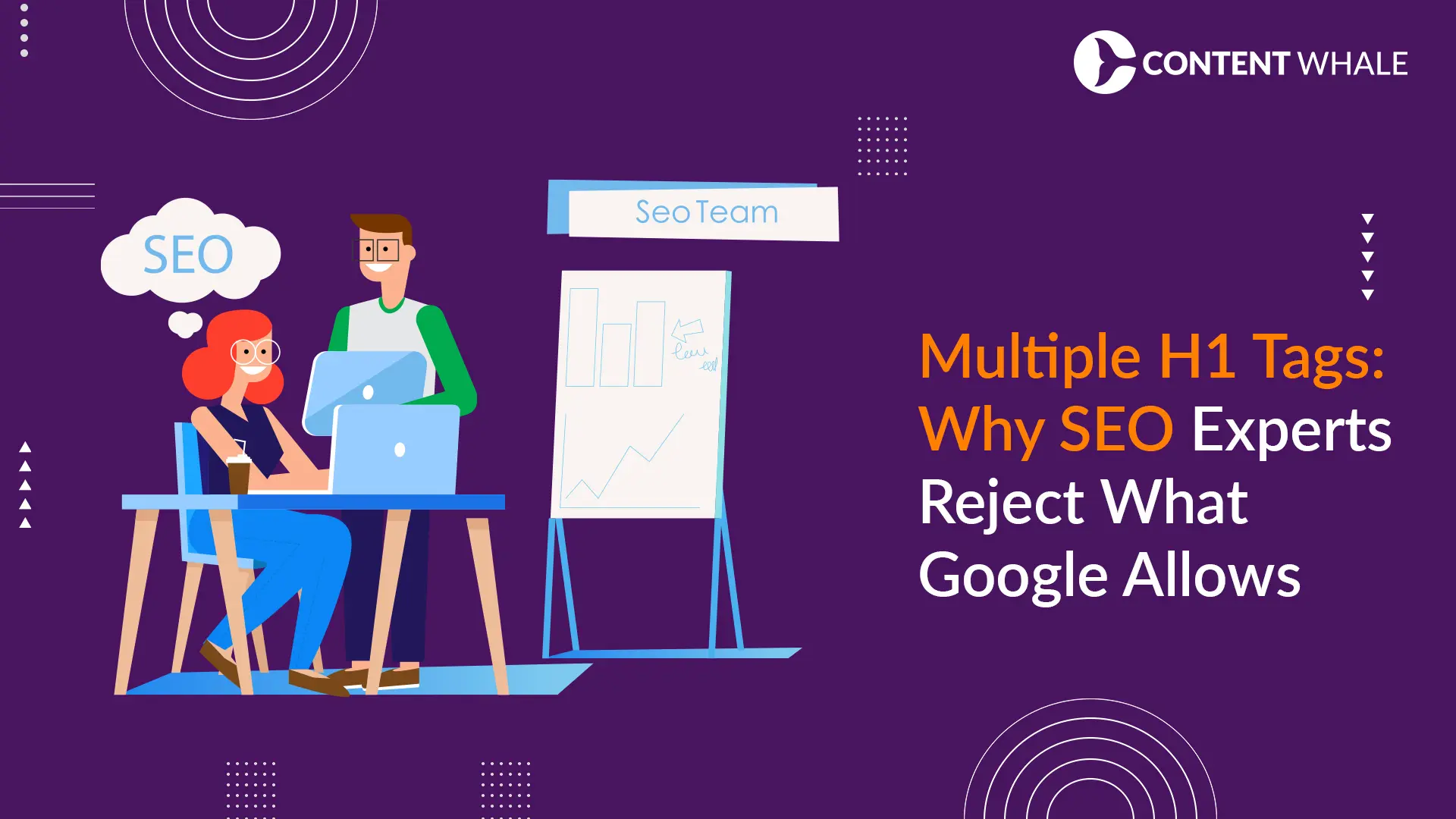The impact of SEO on brand awareness cannot be overstated. SEO isn’t just about ranking higher on search engines; it plays a pivotal role in how a brand is perceived online.
When done right, SEO significantly boosts brand visibility, making your brand more recognizable to your target audience.
This enhanced visibility leads to an increase in brand recognition as more users encounter your brand across various search results.
As we explore further, we’ll uncover how effective SEO strategies for branding can transform a business, turning it into a well-known name within its industry.
1. Understanding SEO and Brand Awareness
a) What is SEO?
SEO, or Search Engine Optimization, involves optimizing your website to rank higher on search engines like Google. This process directly influences your brand visibility by ensuring that your website appears prominently in search results.
b) Why is Brand Awareness Important?
Brand awareness measures how familiar consumers are with your brand. High brand awareness leads to trust, which is crucial when consumers make purchasing decisions. Essentially, if consumers know your brand, they are more likely to choose it over competitors.
c) How Does SEO Impact Brand Awareness?
The impact of SEO on brand awareness is profound because:
- Increased Visibility: Effective SEO strategies place your website at the top of search results, making your brand more visible to potential customers.
- Authority Building: Consistently appearing in relevant searches establishes your brand as an authority in your industry, which helps increase brand recognition.
- Long-Term Presence: SEO isn’t a one-time effort; it continuously improves your brand’s presence online, contributing to sustained online brand awareness.
2. How SEO Boosts Brand Awareness
a) Targeted Keywords Enhance Visibility
- One of the most effective ways SEO boosts brand visibility is through targeted keyword optimization. By identifying and using keywords that your target audience searches for, your brand can appear at the top of search results.
- This increases the chances that potential customers will encounter your brand during their search, directly impacting SEO brand awareness.
b) Backlinks Build Authority
- Backlinks from reputable websites signal to search engines that your content is trustworthy and valuable.
- These links not only improve your website’s ranking but also expose your brand to a wider audience.
- As more authoritative sites link to your content, your digital brand building efforts gain momentum, establishing your brand as a leader in your industry. This significantly contributes to the impact of SEO on brand awareness.
c) Consistent Content Creation
- Regularly publishing high-quality, SEO-optimized content keeps your brand in front of your audience.
- This content answers user queries and provides value, which helps to increase brand recognition over time.
- By focusing on content that resonates with your audience, you enhance online brand awareness and encourage repeat visits to your site, reinforcing your brand’s presence in the minds of consumers.
d) Social Media Integration
- Social media platforms play a crucial role in SEO by driving traffic to your website.
- Sharing SEO-optimized content on social media not only increases your website’s visibility but also boosts your SEO branding efforts by creating more touchpoints with potential customers.
- This integration helps in building a cohesive brand presence across all online platforms.
3. Effective SEO Strategies for Brand Building
a) Optimize On-Page SEO
- Keyword Integration: Ensure that your website’s meta tags, headings, and content are optimized with relevant keywords that resonate with your target audience. This improves your search engine visibility and aligns your brand with the terms potential customers are searching for.
- User Experience: A well-structured website with easy navigation and fast loading times enhances user experience, which is a key factor in improving brand visibility and search rankings.
b) Leverage Social Media for SEO
- Content Sharing: Share your SEO-optimized content on social media platforms to expand its reach. The more your content is shared, the higher the chances of generating backlinks and increasing SEO brand awareness.
- Engagement: Engage with your audience on social media to create more touchpoints for your brand. Social signals (likes, shares, comments) can indirectly boost your website’s SEO and enhance online brand awareness.
c) Focus on Local SEO
- Google My Business: Keep your Google My Business profile updated with accurate information. This ensures your brand appears in local searches, improving your visibility in specific geographic locations.
- Local Keywords: Incorporate local keywords into your content to target audiences in specific areas. This strategy enhances SEO impact by driving more local traffic to your business and increasing brand recognition in your community.
d) Build Quality Backlinks
- Authority Links: Focus on acquiring backlinks from high-authority websites. These links act as endorsements, boosting your site’s credibility and improving search engine rankings.
- Content Collaboration: Collaborate with influencers and industry leaders to create content that can be linked back to your site. This not only drives traffic but also strengthens your SEO branding efforts by associating your brand with trusted sources.
| Tool Name | Primary Use | Key Features | Why It’s Essential |
| Google Analytics | Website Performance Tracking | Tracks website traffic, user behavior, and conversion rates | Crucial for monitoring the effectiveness of SEO efforts and user engagement. |
| Ahrefs | Backlink Analysis & Keyword Research | Comprehensive backlink analysis, keyword ranking data, and competitor research | Helps improve search engine visibility by identifying high-quality backlinks and optimizing keywords. |
| SEMrush | Keyword Research & Site Audit | Provides keyword suggestions, site audit, and competitor analysis | Essential for refining SEO strategies for branding by optimizing content and tracking competition. |
| Moz Pro | SEO Analytics & Insights | On-page optimization, rank tracking, and site crawling | Helps in digital brand building by ensuring your site is optimized and competitive. |
| Screaming Frog | Technical SEO Auditing | Crawls websites to identify issues like broken links, duplicate content, and redirects | Vital for fixing technical issues that impact brand visibility and search rankings. |
4. Measuring the Impact of SEO on Brand Awareness
a) Use Analytics Tools
- To measure the impact of SEO on brand awareness, start by using analytics tools like Google Analytics, SEMrush, and Ahrefs. These tools provide valuable insights into key metrics such as organic traffic, keyword rankings, and backlink profiles.
- Monitoring these metrics helps you understand how well your SEO efforts are driving brand visibility and SEO brand awareness.
b) Track Keyword Performance
- Evaluate the performance of specific keywords related to your brand. Higher rankings for targeted keywords often correlate with increased brand recognition and online brand awareness.
- By tracking these metrics over time, you can gauge the effectiveness of your SEO strategies for branding.
c) Analyze Social Media Impact
- Social media engagement also plays a role in brand awareness. Track the traffic from social media platforms to your website to see how your SEO and social media strategies are working together to boost digital brand building efforts.
d) Review Conversion Rates
- Finally, consider how changes in your SEO strategy affect conversion rates. An increase in brand recognition and visibility should lead to higher conversion rates, indicating a successful SEO campaign.
Conclusion
The impact of SEO on brand awareness is undeniable, driving significant improvements in brand visibility and consumer recognition. SEO not only enhances your website’s ranking but also builds trust and credibility, which are essential for long-term success.
Consistent SEO efforts contribute to ongoing SEO brand awareness, ensuring your brand remains visible and relevant in a competitive digital market. As you continue to refine your SEO strategies for branding, remember that SEO is an ongoing process that requires regular updates and adjustments to maintain search engine visibility and foster continuous digital brand building.
If you still find it a bit difficult, feel free to contact Content Whale.
FAQs
1. How does SEO improve brand awareness?
SEO improves brand awareness by enhancing your website’s visibility on search engines. When your site ranks higher for relevant keywords, more users encounter your brand, which increases brand recognition and trust. This exposure is vital for establishing a strong online presence.
2. What are the best SEO practices for increasing brand visibility?
To boost brand visibility, focus on optimizing on-page elements like meta tags and content with targeted keywords. Additionally, build high-quality backlinks from reputable sites and integrate social media to enhance your digital brand building efforts. Regularly updating content to reflect current trends also keeps your brand relevant.
3. How long does it take for SEO to impact brand awareness?
The impact of SEO on brand awareness varies, but most businesses start seeing noticeable improvements in SEO brand awareness within 3 to 6 months. However, SEO is a long-term strategy that requires consistent effort to maintain and grow visibility.
4. Can SEO help a new brand build recognition?
Yes, SEO is particularly effective for new brands. By targeting the right keywords and producing quality content, even new brands can quickly improve their search engine visibility and increase brand recognition.
5. How can I measure the success of my SEO efforts in boosting brand awareness?
Use tools like Google Analytics and Ahrefs to track metrics such as organic traffic, keyword rankings, and social media engagement. Monitoring these metrics helps you assess the SEO impact on your brand’s visibility and recognition over time.





